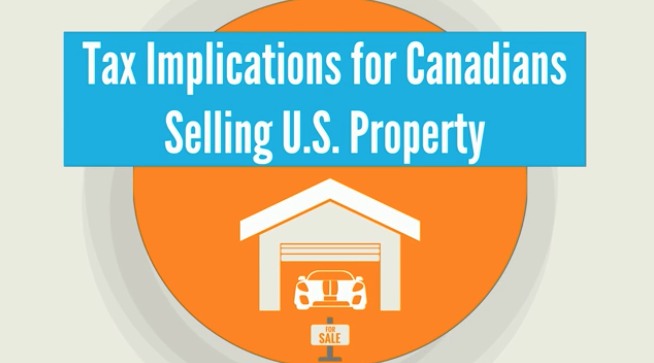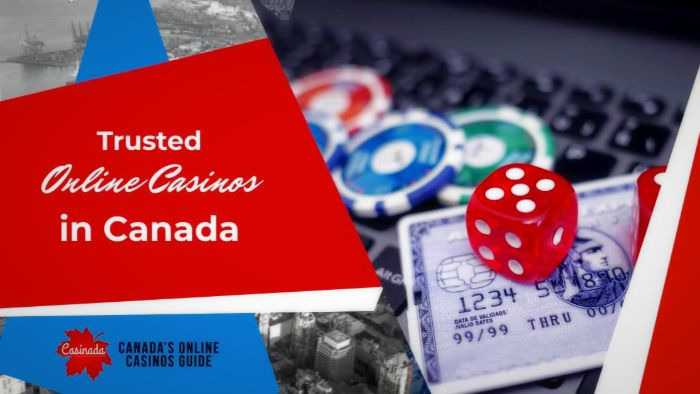Online gambling has gained significant traction in Canada, transitioning from traditional brick-and-mortar establishments to the expansive digital landscape of online casinos. With the proliferation of online gaming sites, Canadian players are now confronted with a complex web of tax implications on their winnings. Historically, Canada has maintained a relatively lenient stance on gambling taxes, allowing players to keep most of their earnings. However, the introduction of various regulations and the rise of internet gambling has prompted discussions regarding the fairness and clarity of taxing winnings from these platforms.
The landscape of online casino gaming in Canada is constantly evolving, shaped by technological advancements and changing societal norms. Interestingly, while individuals are generally exempt from taxation on their personal gambling winnings, professional gamblers may find themselves subject to income taxes. This distinction raises questions about fairness and the potential need for comprehensive guidelines. As Canadians embrace the convenience of wagering online, understanding the subsequent tax liabilities becomes essential to ensure compliance with local regulations.
Professional gamblers engaging in online casinos are subjected to taxes on their winnings, as their activities are considered a business. This classification means they must report all earnings and can also deduct expenses related to their gambling activities.
In Canada, winnings from lottery tickets, including online ticket purchases, are tax-free. This policy reflects a commitment to promote responsible gaming and make gambling more appealing to the masses. Government-operated platforms have thus fostered a responsible gambling environment.
Each Canadian province has the authority to regulate its gambling activities, including online casinos. This variation means that tax implications can differ significantly based on where a player resides, impacting the effective rate on gambling winnings.
Players who choose to gamble at offshore online casinos may face additional complexities regarding taxes. While winnings might not be taxed in Canada, the legality and fair play of these offshore casinos often come into question.
When a Canadian player experiences significant gambling success, they may be required to report these winnings on their tax returns. Understanding the thresholds that trigger reporting can prevent unexpected penalties.

Gambling has been an integral part of Canadian culture since the early 19th century, evolving from informal betting among friends to regulated online gaming platforms. As Canadians embrace this leisure activity, it has flourished, leading to increased employment opportunities within the gaming industry and a boost to local economies. The industry continues to adapt, implementing measures for robust player protection, responsible gambling initiatives, and innovations in technology that enhance player experience.
The online gambling market has expanded rapidly in recent years, driven by technological advancements and increased internet accessibility. This transformation has led to a surge in popularity among younger demographics, who prefer the convenience of playing from home. Despite the appeal, it's crucial for players to be aware of the risks involved, including potential addiction and the financial impact of irresponsible gambling practices.
Current Canadian legislation surrounding online gambling primarily emphasizes the regulatory framework established by provincial governments. While the federal government has not enacted specific laws addressing online gambling, it generally permits provinces to control their respective gambling activities. This decentralized approach allows provinces to establish their tax policies concerning online casino earnings, resulting in varying tax implications across the nation.

Understanding the implications of online gambling taxes requires players to stay informed about the laws in their specific provinces. For example, provinces like Ontario and British Columbia have imposed stricter regulations and taxation structures on online gambling operators, subsequently affecting the overall gaming landscape. Ensuring compliance with local laws will enable players to enjoy their gaming experiences while adhering to financial responsibilities.
In Canada, casual gamblers generally do not have to pay taxes on their winnings, a policy that is embraced widely across different provinces. This leniency reflects Canada’s approach to treating gambling as a recreational activity rather than a source of income. However, professional gamblers need to navigate a different framework, as their earnings may classify them as self-employed, subjecting them to income tax obligations.
The distinction between recreational and professional gambling is paramount when evaluating tax implications. Players engaging in gambling as a hobby are usually exempt from taxes, while those with a proven track record and regular income from gambling activity might face taxation. This policy raises questions about fairness and potential discrimination against individuals who may choose to transition from casual to professional gambling.
Additionally, players should be aware of their record-keeping responsibilities. Understanding which expenses can be deducted or documented for taxation purposes is vital to optimizing their financial situations. Further guidelines can assist players in maintaining accurate records to avoid confusion when filing taxes, ensuring they remain compliant with Canadian tax regulations.
As the online gambling landscape continues to evolve in Canada, players need to understand the implications surrounding tax on their winnings. With a unique blend of recreational play and professional gaming, taxation policies can vary widely between individuals. By staying informed about the laws and regulations specific to their provinces, players can navigate the complexities of online casino tax implications more effectively.
The potential legal and financial ramifications of not adhering to local gambling laws highlight the importance of remaining educated. Maintaining an active dialogue with tax professionals or utilizing online resources can further empower players to enjoy their gaming experiences to the fullest, while remaining compliant with Canadian taxation policies.
As Canadians navigate the complexities of online gambling, understanding tax implications associated with their winnings becomes increasingly vital. National laws evolve, reflecting the changing attitudes toward gambling, emphasizing the need for players to stay informed. Across provinces, tax regulations can differ significantly, necessitating diligence in research and compliance to avoid potential pitfalls. Embracing responsible gambling practices alongside a clearer understanding of tax obligations can empower players to enjoy their experiences while remaining accountable to legal frameworks.
It is essential to approach online gambling with caution, as the thrill of potential winnings can sometimes lead to negative consequences. Responsible gameplay is key to ensuring that enjoyment does not transform into harmful behavior, making education on both gambling and its financial implications vital. Always remember that online gambling might be addictive and may lead not only to financial losses but also to serious emotional and psychological repercussions. Seek help if you or anyone you know struggles with gambling-related issues.

Session expired
Please log in again. The login page will open in a new tab. After logging in you can close it and return to this page.